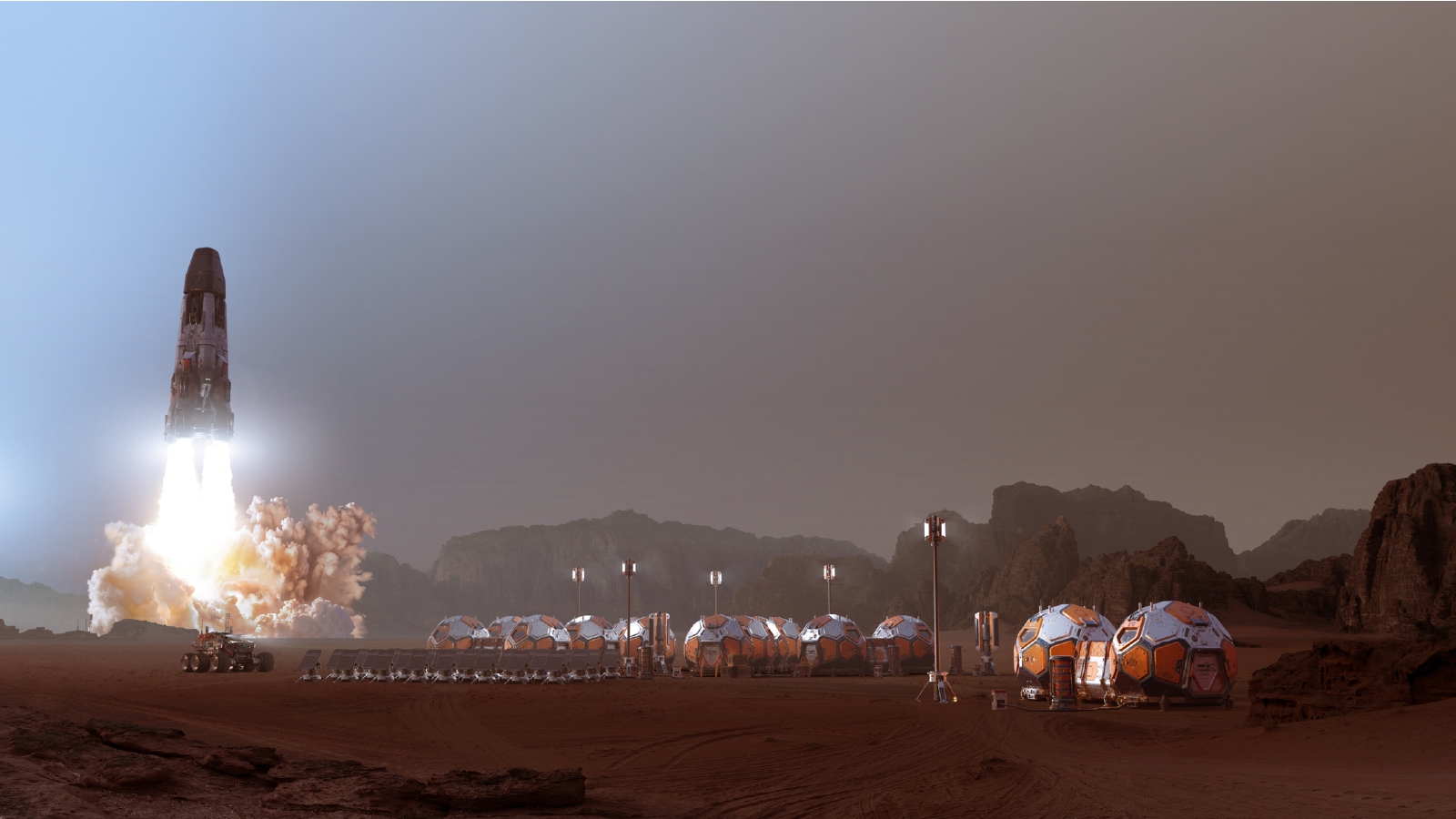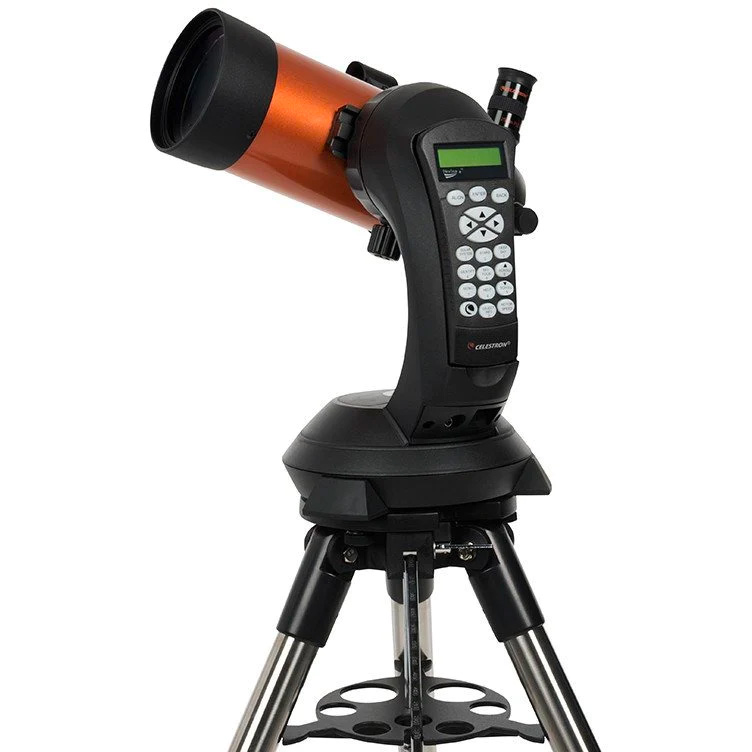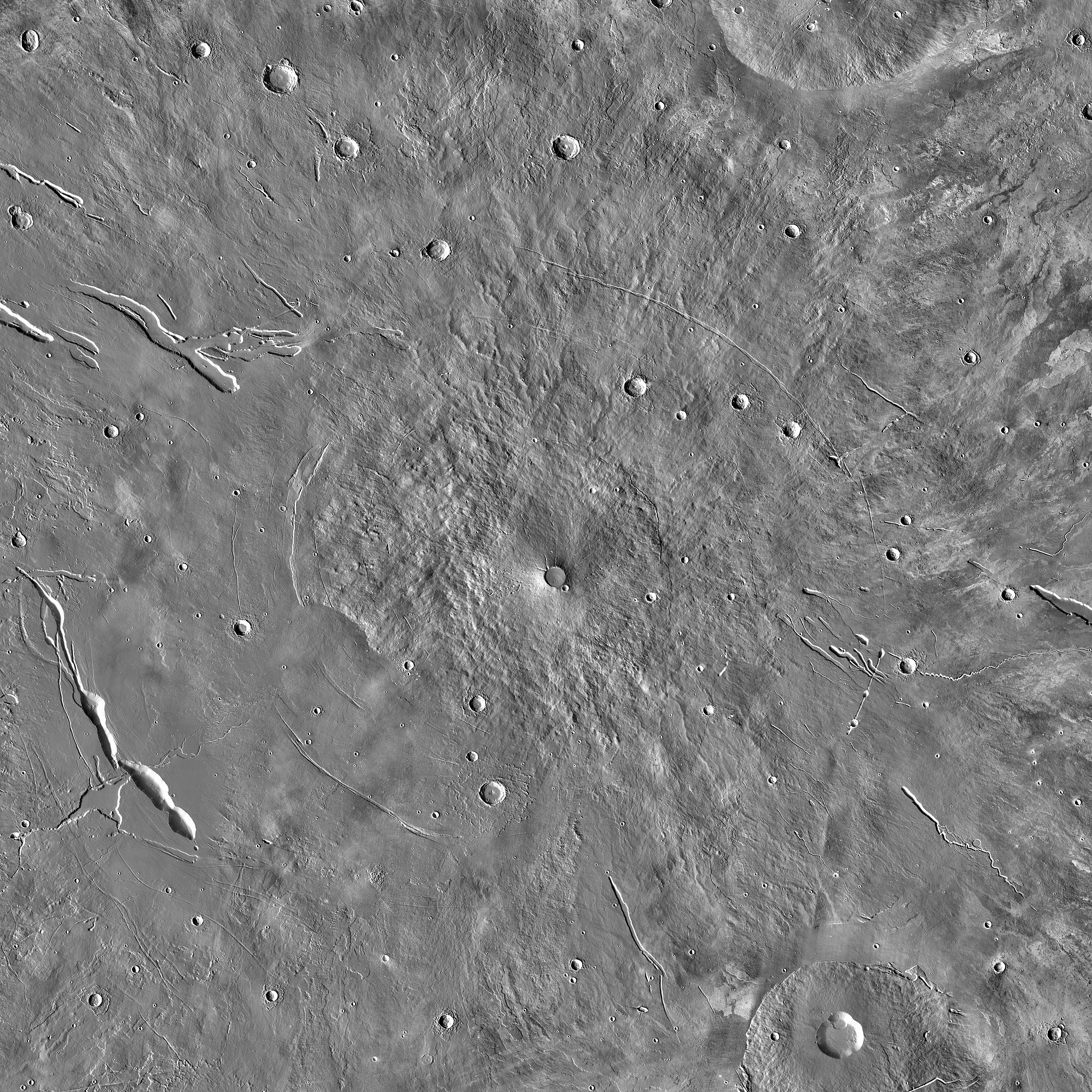In the near future, humans will start traveling to other planets in our solar system, with the goal of eventually establishing human colonies on these worlds. The primary purpose of this space exploration is to learn more about our universe and to search for resources that could benefit life on Earth. The moon is likely to be the first location for human colonies, with the possibility of a Mars colony in the future. The challenges of living away from Earth raise numerous questions about future colonists, including how they will access resources, grow food, and adapt to different gravity. However, one aspect that has not received much attention is the potential development of new accents among future space colonists.
Every person has some sort of accent, and these accents are influenced by various factors such as language, location, and social groups. As human colonies on other planets become a possibility, the study of future interplanetary accents becomes an uncharted area of research.
According to Jonathan Harrington, director of the Institute for Phonetics and Speech Processing at the Ludwig-Maximilians University of Munich, new accents form through imitation, as individuals subtly adopt the sounds and words of the people around them. When individuals with different accents are isolated together for extended periods, they tend to start mimicking each other, leading to the emergence of a new accent. This process can happen quickly, especially in small groups. Harrington’s 2019 study of 11 researchers living in isolation in Antarctica showed that the group collectively displayed phonetic changes, signaling the early stages of a new accent forming. Harrington believes that accent changes could be even greater in a space environment due to the increased difficulty of maintaining contact with the home community.
Future lunar and Martian colonies are likely to develop distinct accents, influenced by the isolation of the colonies and the interactions among the inhabitants. However, the development of long-lasting accents would require the colony to be large enough for the accent to be passed on to future generations. New colony members could influence the trajectory of the accent in the early stages, but once an accent is established, new colonists are expected to adapt to match the existing accent of the colony. The most abundant accent within the colony would heavily shape any new accents that emerge.
It is difficult to predict the specific accents that will develop in future space colonies without knowing the accents of the initial colonists. However, it may be possible to anticipate accent evolution once the colonists are selected. In the 2019 Antarctica study, a computer learning program accurately predicted the vocal changes observed in the participants.













